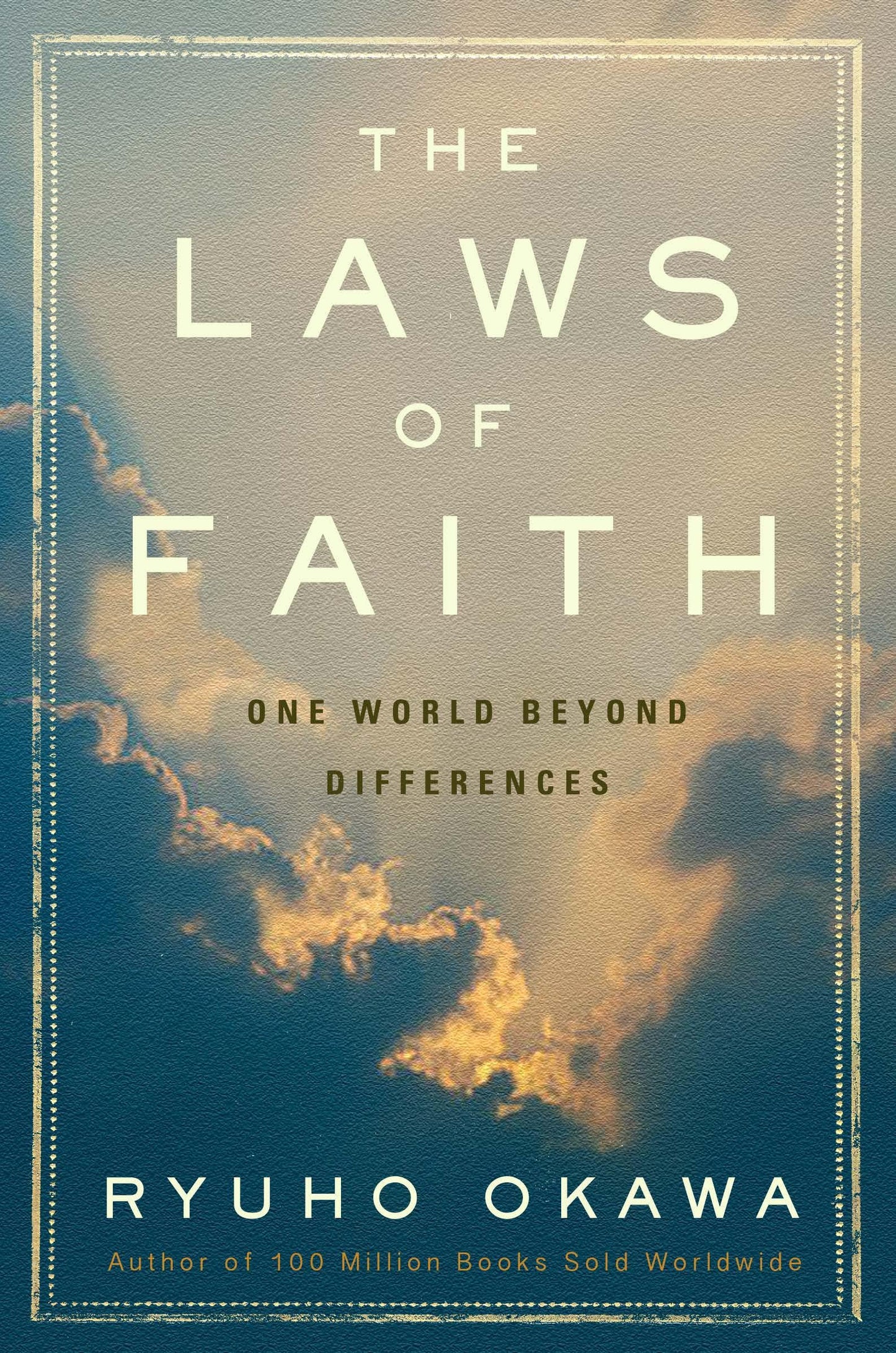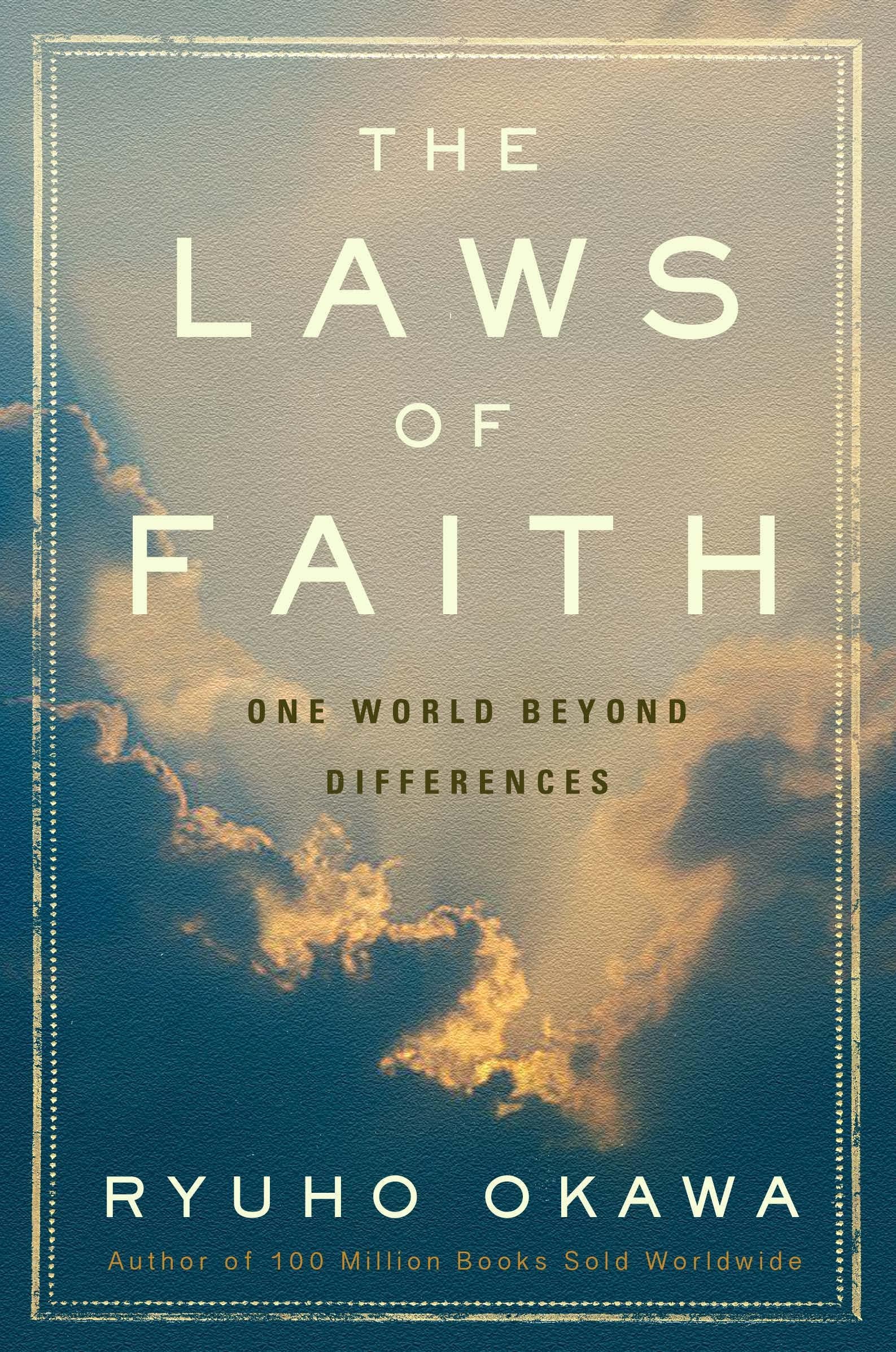1
/
of
1
IRH Press
Book, The Laws of Faith : One World Beyond Differences, Ryuho Okawa, English
Book, The Laws of Faith : One World Beyond Differences, Ryuho Okawa, English
Regular price
$15.95 USD
Regular price
Sale price
$15.95 USD
Unit price
/
per
Couldn't load pickup availability
Since antiquity, religion has played a pivotal role in human development. Faith is the anchor of the mind; however modern systems of thought favor logical reasoning, leaving many to stray away from spiritual progress. A likely cause of this deficit is the failure of traditional religions to provide concise answers to modern questions. Ryuho Okawa preaches at the core of a new universal religion, that aligns logical and spiritual reasoning with contemporary events and modes of thought. Learn to champion diversity and mend differences in ethnicity, religion, race and gender, to harmonize nations towards an era of peace and prosperity.
Additional themes explored in this text:
- What breeds conflict of faith?
- Why does God permit war and poverty?
- Why does discrimination exist?
- Did God abandon humanity?
- What is God's justice?
Materials
Materials
Paper
Share


